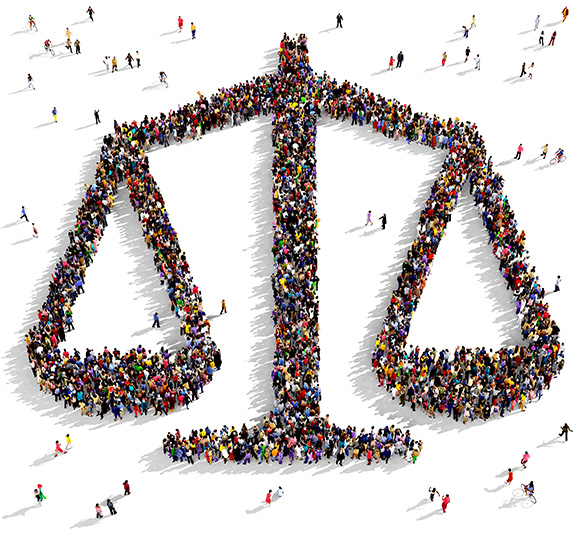Effective Date – March 9, 2021.
The rule prioritizes the selection of new H-1B petitions in 2021 based on higher proffered wages.
USCIS will rank and select the registrations received generally on the basis of the highest OES wage level that the proffered wage equals or exceeds for the relevant SOC code in the area of intended employment, beginning with OES wage level IV and proceeding in descending order with OES wage levels III, II, and I.
The rule doesn’t change registration requirement. The prospective petitioner or its attorney or accredited representative must register to file a petition on behalf of an alien beneficiary electronically through the USCIS website.
Ranking by wage level – USCIS will rank and select petitions based on the appropriate wage level that corresponds to the requirements of the proffered position. If the wage falls below an OES wage level I, USCIS will rank the petition in the same category as OES wage level I.
How the Cap Petition selection process will work under new rule –
If USCIS has received more registrations on the final registration date than necessary to meet the H-1B regular cap, USCIS will rank and select from among all registrations on the basis of the highest OES wage level that the proffered wage equals or exceeds, beginning with OES wage level IV and proceeding in descending order with OES wage levels III, II, and I.
Unselected registrations will remain on reserve for the applicable fiscal year. If USCIS determines that it needs to select additional registrations to receive the number of petitions projected to meet the numerical limitations, USCIS will select from among the registrations that are on reserve a sufficient number to meet the H-1B regular cap or advanced degree exemption numerical limitation, as applicable.
If all of the registrations on reserve are selected and there are still fewer registrations than needed to reach the H-1B regular cap or advanced degree exemption numerical limitation, as applicable, USCIS may reopen the applicable registration period until USCIS determines that it has received a sufficient number of registrations projected to meet the H-1B regular cap or advanced degree exemption numerical limitation.
The possible legal challenges to the rule –
AILA states, the effective date of the rule will likely be further extended as the President-Elect’s transition team has indicated that the Biden Administration will issue a memorandum on January 20 delaying implementation of “midnight regulations” (i.e. those issued since the election but not yet effective) for 60 days.
Additionally, the rule will likely get challenged in the court. Sources – https://www.federalregister.gov/documents/2021/01/08/2021-00183/modification-of-registration-requirement-for-petitioners-seeking-to-file-cap-subject-h-1b-petitions

